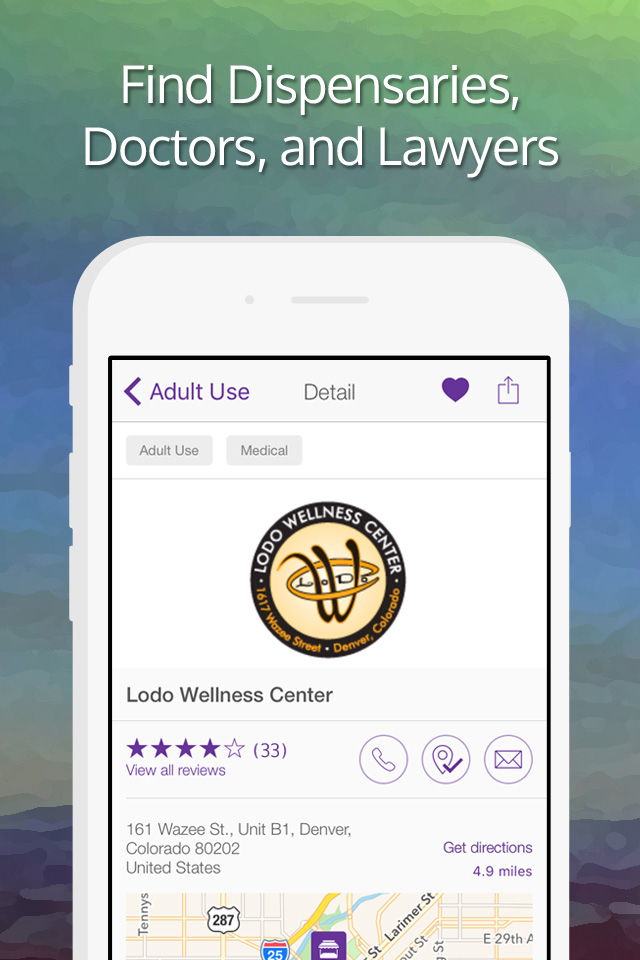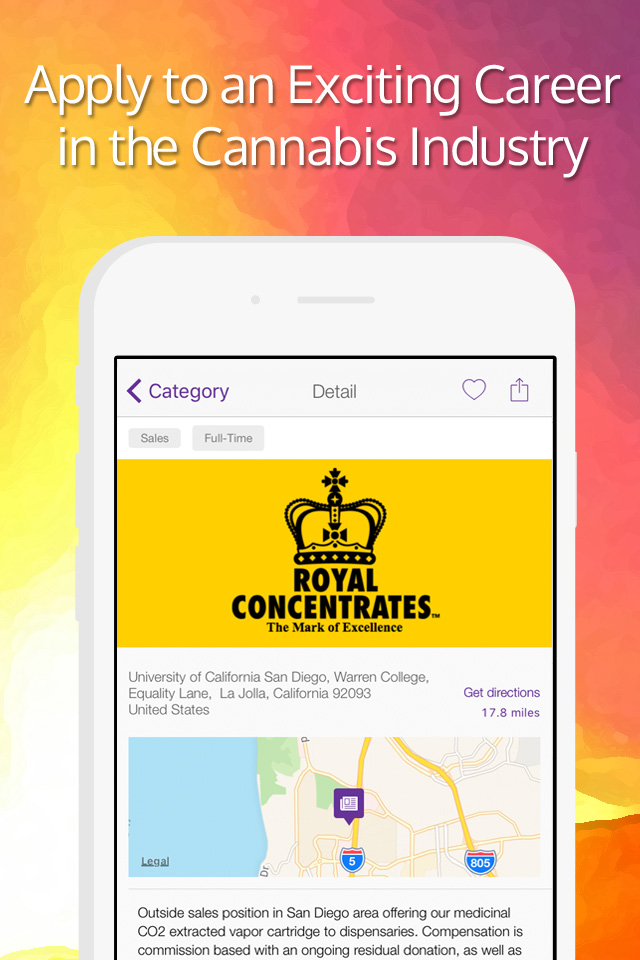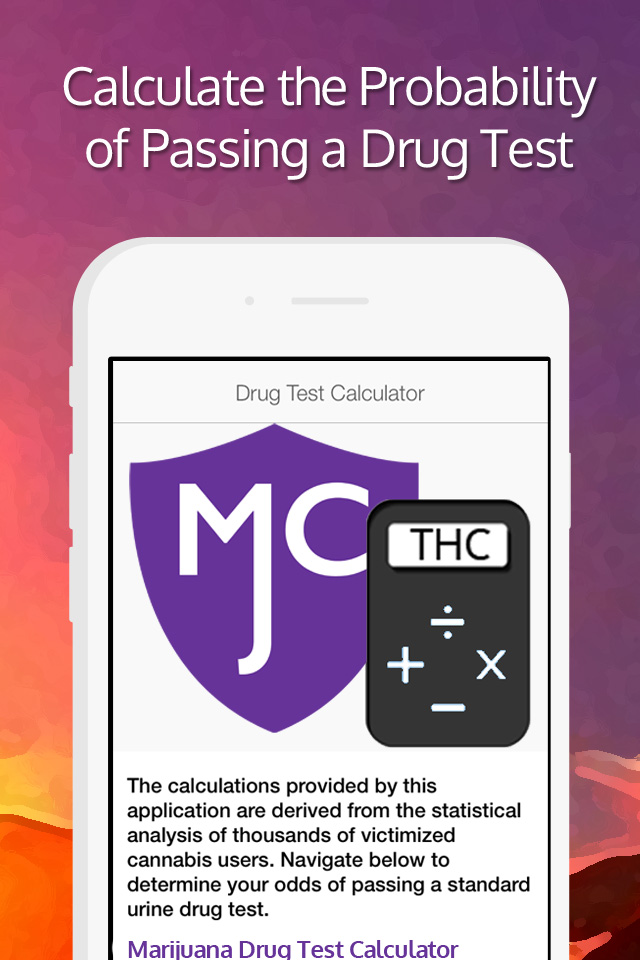Cannabis as a Stress Relief Tool
Stress is an inevitable part of life, and finding effective ways to alleviate it is essential for our well-being. Many individuals have turned to cannabis as a natural remedy for stress relief, reporting its potential to promote relaxation and reduce anxiety. In this section, we will explore the role of cannabis in stress management and delve into user experiences. However, it is important to approach cannabis use with caution and consider the potential risks and drawbacks.
Key Takeaways:
- Cannabis is commonly used as a stress–coping strategy, with individuals seeking natural remedies to alleviate stress and promote relaxation.
- User experiences suggest that cannabis may help reduce anxiety and provide temporary relief from stress.
- It is crucial to approach cannabis use for stress relief with caution and consider potential risks and drawbacks.
- Further research is needed to understand the true benefits and potential risks of using cannabis as a stress relief tool.
- Exploring other healthier coping mechanisms, such as exercise, meditation, and therapy, may be a more effective long-term solution for stress management.
The Role of Stress in Cannabis Use
Stress can be a significant risk factor for cannabis use, with individuals often turning to cannabis as a coping mechanism to alleviate stress and reduce negative emotions. The use of cannabis for stress relief is commonly reported among individuals experiencing chronic stress or anxiety. However, chronic use of cannabis may exacerbate stress-related motivation to use and abuse the drug, leading to addiction and decision-making deficits.
Research suggests that individuals who use cannabis as a coping mechanism for stress may be more prone to developing problematic patterns of use. Stress-related motivation to use cannabis can create a cycle where individuals rely on the drug to manage stress, ultimately leading to a dependence on cannabis as a coping strategy. This can further impair decision-making abilities and hinder the development of healthier coping mechanisms.
It is important to note that while some individuals may find temporary relief from stress through cannabis use, it is not a sustainable or recommended long-term solution. Stress-coping interventions and harm reduction strategies focused on reducing cannabis consumption may be beneficial in preventing and addressing the potential negative consequences of chronic cannabis use as a stress reliever.
| Stress and Cannabis Use | Risk Factors |
|---|---|
| Increased use of cannabis as a coping mechanism | Higher stress levels |
| Exacerbation of stress-related motivation to use cannabis | Impaired decision-making abilities |
| Potential addiction and chronic use | Altered brain-stress pathways |
Cannabis Use in the United States
With the increasing use of cannabis, particularly among younger adolescents, it has become the most widely used illicit substance in the United States. Many individuals turn to cannabis as a means of experimentation, often unaware of the potential legal consequences and risks associated with its use. Additionally, there is evidence to suggest that cannabis may serve as a gateway drug, leading to the use of other illicit substances.
According to recent surveys and studies, cannabis consumption has seen a steady rise in the United States, with a significant portion of users falling within the younger age groups. This alarming trend highlights the need for comprehensive education and prevention efforts to address the potential harms associated with cannabis use.
The Growing Trend of Cannabis Use in Younger Adolescents
“We must recognize the importance of implementing effective strategies to prevent and reduce cannabis use among younger individuals, as it can have long-lasting consequences on their physical, emotional, and social well-being.”
The use of cannabis among younger adolescents is particularly concerning due to its potential impact on brain development. Research suggests that the developing brain is more vulnerable to the negative effects of cannabis, which may lead to impairments in cognitive function and increased susceptibility to addiction.
Furthermore, the experimentation with cannabis at an early age can have significant legal consequences. Possession and use of cannabis remain illegal for individuals under the age of 21 in most states, and legal penalties can vary depending on the jurisdiction. It is crucial for adolescents, their parents, and educators to understand the potential legal ramifications of cannabis use.
| Key Points | Statistics |
|---|---|
| Cannabis use among younger adolescents | Increasing |
| Brain development | Impairments in cognitive function |
| Legal consequences | Illegal for individuals under the age of 21 |
| Gateway drug potential | Risks of leading to other illicit substance use |
It is essential to address the increasing use of cannabis among younger individuals and develop effective strategies to prevent and reduce its consumption. Educating adolescents about the potential risks, legal implications, and negative consequences associated with cannabis use can play a pivotal role in minimizing its use as a gateway drug. By fostering a supportive and informed environment, we can empower young individuals to make healthier choices and prioritize their well-being.
Stress and Substance Use
Stress is a common factor in the development and exacerbation of substance use disorders and mental health conditions. Many individuals turn to substances, including cannabis, as a form of self-medication to cope with anxiety and stress. However, it is important to note that using substances to manage stress may not be an effective long-term solution and can potentially lead to negative consequences.
Research suggests that chronic stress can increase the risk of developing substance use disorders. Individuals may use drugs or alcohol as a way to escape from or numb the effects of stress. This self-medication approach can provide temporary relief, but it often leads to a cycle of dependence and further stress.
Furthermore, self-medicating with substances like cannabis can mask underlying mental health conditions. While it may provide short-term relief, it does not address the root cause of stress or anxiety. It is essential to explore healthier and more sustainable stress management techniques, such as exercise, meditation, therapy, and social support.
Table: Common Substances Used for Stress Relief
| Substance | Effect on Stress | Risks and Potential Consequences |
|---|---|---|
| Cannabis | Temporary relief, relaxation | Potential for dependence, impaired cognitive function |
| Alcohol | Temporary relaxation, social lubricant | Dependence, liver damage, impaired decision-making |
| Nicotine | Temporary stress reduction, calming effect | Physical dependence, increased risk of cardiovascular disease |
“Using substances to cope with stress may provide temporary relief, but it often leads to a cycle of dependence and further stress.”
By focusing on healthier stress management techniques, individuals can develop resilience and reduce their reliance on substances. It is important to seek professional help if stress becomes overwhelming or if substance use becomes problematic. Together, we can find healthier ways to cope with stress and improve our mental well-being.

The Link Between Stress and Cannabis Use in the Brain
Stress management plays a crucial role in our overall well-being, and understanding how it interacts with substances like cannabis can provide valuable insights. In recent studies, researchers have discovered a link between stress, brain function, and the use of cannabis.
One important molecule involved in stress management is called 2-AG, which acts within the brain’s endocannabinoid system. This system is also affected by cannabis use. When we experience stress, 2-AG helps regulate anxiety-related chemicals in the brain, limiting their impact. However, chronic stress can impair the effects of 2-AG, leading to increased anxiety and potentially reinforcing cannabis use as a coping mechanism.
“Understanding the intricate relationship between stress, brain function, and cannabis can shed light on the motivations for cannabis use as a stress-relief tool.”
– Researcher Name, Journal of Neuroscience
By delving deeper into the neurological mechanisms at play, we can better grasp the connection between stress and cannabis use. This knowledge has the potential to inform personalized stress management strategies and help individuals make informed choices about their coping mechanisms.
| Brain Function and Stress | Impact of Cannabis Use |
|---|---|
| Stress can impair the effects of 2-AG, leading to increased anxiety. | Cannabis use may reinforce stress-related motivations and potentially exacerbate anxiety. |
| Chronic stress can alter brain-stress pathways and decision-making abilities. | Long-term cannabis use has been associated with decision-making deficits. |
| The endocannabinoid system helps regulate anxiety-related chemicals in the brain. | Cannabis affects the endocannabinoid system, potentially impacting stress regulation. |
By exploring the intricate relationship between stress, brain function, and cannabis use, we gain a deeper understanding of how stress management strategies can be enhanced. This knowledge empowers us to develop more targeted interventions and supports, addressing the root causes of stress and providing individuals with effective tools for stress relief.
Cannabis Use for Stress Relief – Debunking Myths
There is a common perception that cannabis can be an effective tool for stress relief and relaxation. However, recent scientific research has not validated this idea, and in fact, using cannabis or other THC products as a self-medication approach for stress relief may be a warning sign. While some individuals may report experiencing relaxation and temporary relief from stress after using cannabis, it is important to consider the potential risks and drawbacks.
Using cannabis as a relaxation tool can create a false sense of relief and may lead to a reliance on the substance for stress management. In reality, developing healthier coping mechanisms is crucial for long-term stress management. This could include engaging in regular exercise, practicing meditation or yoga, seeking support from friends and family, and considering therapy or anti-anxiety medication. These alternative methods have been shown to have more sustainable and beneficial effects on stress reduction.
“While some individuals report using cannabis for stress relief, recent scientific research has not validated the idea that it is an effective self-medication approach.”
It is also essential to address the urban myths surrounding cannabis as a stress relief tool. Many of these myths stem from anecdotal evidence and personal experiences, rather than scientific research. Relying on these myths can lead to misconceptions and potentially harmful outcomes. It is crucial to approach stress management with a comprehensive and evidence-based perspective.
| Myth | Fact |
|---|---|
| Cannabis provides long-term stress relief | Scientific research does not support this claim, and reliance on cannabis for stress relief can lead to addiction and potential negative health consequences. |
| Cannabis is a safe and natural relaxation tool | While cannabis may induce temporary relaxation, it is not without risks, including impaired decision-making and potential legal consequences. |
| Cannabis is a universally effective stress reliever | Individual responses to cannabis vary greatly, and it may not be an effective stress reliever for everyone. Alternative methods should be explored and tailored to individual needs. |

Exploring Alternative Stress Relief Methods
Given the potential risks and lack of scientific validation surrounding cannabis use for stress relief, it is essential to explore alternative methods. Incorporating relaxation techniques, such as deep breathing exercises, progressive muscle relaxation, and guided imagery, can be effective in reducing stress levels. Additionally, engaging in activities that promote overall well-being, such as regular exercise, getting enough sleep, and maintaining a healthy diet, can contribute to better stress management.
Seeking support from friends, family, or a therapist can also provide valuable guidance and assistance in coping with stress. Talking about your stresses and concerns can help you gain new perspectives and develop healthier ways of managing stress. It’s important to remember that stress is a natural part of life, and finding healthy outlets to manage it is crucial for overall well-being.
- Deep breathing exercises
- Progressive muscle relaxation
- Guided imagery
- Regular exercise
- Adequate sleep
- Healthy diet
- Seeking support from friends, family, or a therapist
Risks of Cannabis Use for Stress Relief
When it comes to using cannabis for stress relief, it’s important to be aware of the potential risks involved, particularly when it comes to THC products and vaping. While cannabis may provide temporary relief from stress, there are several factors to consider, especially for youth.
“The use of THC products, including cannabis vaping, is widespread among both adults and youth.”
One of the key risks associated with cannabis use, particularly in the form of vaping, is impaired decision-making. THC, the psychoactive component of cannabis, can affect cognitive function and impair judgment, which can have serious consequences, especially when it comes to driving.
To make matters worse, cannabis use disorder is another risk of using THC products for stress relief. Regular and excessive cannabis use can lead to dependency and addiction, which can have long-term negative effects on mental health and overall well-being.
Considering these risks, it’s important to explore alternative methods of stress relief that do not involve the use of cannabis. Finding healthier coping mechanisms, such as exercise, meditation, and therapy, can provide long-lasting benefits without the potential drawbacks of THC products.
| Risks of Cannabis Use for Stress Relief | Recommendations |
|---|---|
| Impaired decision-making | Avoid driving or making important decisions while under the influence of cannabis. |
| Impaired driving abilities | Do not operate a vehicle or heavy machinery after using cannabis. |
| Cannabis use disorder | Monitor cannabis use and seek help if dependency or addiction is suspected. |

Developing Better Coping Mechanisms for Anxiety
When it comes to managing stress and anxiety, relying on cannabis or other substances may not be the most effective approach. Instead, there are various healthier coping mechanisms that can help individuals find relief and improve their overall well-being.
One of the most beneficial methods for managing anxiety is engaging in regular exercise. Physical activity releases endorphins, which are natural mood-boosting chemicals in the brain. Whether it’s going for a jog, practicing yoga, or participating in a team sport, incorporating exercise into your routine can provide a significant reduction in stress levels.
Meditation and yoga are also valuable tools for stress relief. Both practices focus on mindfulness and deep breathing, helping to calm the mind and relax the body. Taking a few minutes each day to meditate or engage in yoga can lead to a greater sense of inner peace and improved overall mental well-being.
The Benefits of Social Support and Therapy
Seeking social support from friends and family is another important aspect of managing anxiety. Building a strong support network of individuals who can offer understanding, empathy, and guidance can provide a safe space for expressing emotions and finding comfort during challenging times.
In addition to social support, therapy can be a valuable resource for individuals struggling with anxiety. A trained therapist can guide individuals in developing healthy coping mechanisms, provide tools for managing stress, and offer support in navigating life’s challenges. Therapy sessions can also offer a safe and non-judgmental environment for individuals to explore and address the root causes of their anxiety.
In some cases, anti-anxiety medication may be prescribed by a healthcare professional. These medications can help individuals manage their anxiety symptoms and provide temporary relief during particularly difficult periods. However, it’s important to note that medication should always be used in conjunction with other coping mechanisms and under the guidance of a medical professional.
By focusing on these alternative coping mechanisms, individuals can develop healthier ways to manage stress and anxiety, reducing the need for substances like cannabis. It’s important to remember that everyone is different, and what works for one person may not work for another. Finding the right combination of coping strategies may involve some trial and error, but the ultimate goal is to achieve a greater sense of well-being and emotional balance.

Summary:
- Engaging in regular exercise, such as jogging or yoga, can significantly reduce stress levels and improve overall well-being.
- Meditation and yoga practices focus on mindfulness and deep breathing, providing a sense of inner peace and relaxation.
- Seeking social support from friends and family can create a safe space for expression and comfort during challenging times.
- Therapy offers guidance in developing healthy coping mechanisms, addressing root causes of anxiety, and navigating life’s challenges.
- Anti-anxiety medication, when prescribed by a healthcare professional, can provide temporary relief during difficult periods.
Cannabis Use and Mental Health
When it comes to cannabis use, it’s important to consider its potential impact on mental health. Research has indicated a link between cannabis use and the occurrence of various mental health conditions, including depression, anxiety disorders, and cannabis use disorder.
Studies have suggested that cannabis use, particularly during adolescence, may increase the risk of developing these mental health conditions later in life. It’s crucial to recognize that while some individuals may turn to cannabis as a form of self-medication for mental health symptoms, there are potential risks associated with its use.
Table: Mental Health Conditions Associated with Cannabis Use
| Mental Health Condition | Associated Risk with Cannabis Use |
|---|---|
| Depression | Evidence suggests a potential relationship between cannabis use and increased risk of depression, particularly among heavy and chronic users. |
| Anxiety Disorder | While some individuals may use cannabis to alleviate anxiety symptoms, there is also evidence linking cannabis use to the development or exacerbation of anxiety disorders. |
| Cannabis Use Disorder | Regular and excessive cannabis use can lead to the development of cannabis use disorder, which can have a negative impact on mental health and overall well-being. |
Understanding and addressing the potential risks of cannabis use for mental health is crucial. If you or someone you know is experiencing mental health symptoms or concerns related to cannabis use, it’s important to seek appropriate support and treatment from qualified healthcare professionals.
In conclusion, while cannabis may be used by some individuals for stress relief or as a coping mechanism, it’s essential to consider the potential impact on mental health. Developing healthier and evidence-based coping mechanisms, seeking professional support, and being aware of the potential risks associated with cannabis use are crucial steps in promoting overall well-being and mental health.
The Need for Further Research and Caution
As we explore the potential benefits and risks of cannabis use for stress relief, it is crucial to acknowledge the need for further research and proceed with caution. While some individuals report positive experiences using cannabis to manage anxiety and stress, scientific evidence validating its effectiveness as an anti-anxiety medication is still lacking. This highlights the importance of conducting more studies and developing more targeted and effective treatments.
Research plays a pivotal role in understanding the neurological basis of anxiety and stress and can aid in the development of evidence-based interventions. By delving deeper into the mechanisms of cannabis use and its impact on the brain, we can gain valuable insights into how it may affect individuals with a history of trauma exposure or those at risk of developing cannabis use disorders.
It is also crucial to approach the use of any substances, including cannabis, with caution. While it may provide temporary relief from stress and anxiety, it is essential to consider the potential risks and drawbacks. Cannabis use should not be viewed as a standalone solution for stress management, but rather as one part of a more comprehensive approach that includes healthy coping mechanisms and professional guidance.
| Research | Development | Effective Anti-Anxiety Medication | Neurological Basis | Trauma Exposure | Risky Substances |
|---|---|---|---|---|---|
| More studies needed | Ongoing efforts | Seeking innovative solutions | Understanding brain mechanisms | Considering impact on trauma survivors | Awareness of potential risks |
Conclusion
When it comes to cannabis and stress relief, it’s important to approach its use with caution. While cannabis may be commonly used as a coping strategy, there are other effective ways to manage stress. We encourage individuals to prioritize stress management by developing healthy coping mechanisms.
Exercise, meditation, and therapy are just a few examples of coping mechanisms that can help in managing stress. These approaches have been shown to have positive effects on mental health and overall well-being. By investing in these strategies, we can develop sustainable and beneficial ways to handle stress.
However, we must also acknowledge that further research is needed to understand the potential risks and benefits of cannabis use for stress relief. Ongoing studies can provide valuable insights into its effects on mental health and help us develop more effective treatments for anxiety and stress-related conditions.
So, let’s prioritize stress management, explore healthier coping mechanisms, and stay informed about the latest research. By doing so, we can navigate the complexities of stress and mental health with greater awareness and make informed decisions about our well-being.
FAQ
Is cannabis an effective tool for stress relief?
While some individuals report using cannabis for stress relief and relaxation, recent scientific research has not validated the idea that it is an effective self-medication approach. In fact, using cannabis or other THC products for stress relief may be a warning sign. It’s important to develop better tools for managing stress and anxiety rather than relying on substance use.
What are the risks of using cannabis for stress relief?
The use of THC products, including cannabis vaping, is widespread among both adults and youth. THC use has been associated with impaired decision-making, impaired driving abilities, and an increased risk of cannabis use disorder. It’s important to be aware of the potential risks of cannabis use for stress relief and to explore alternative and safer methods of managing stress.
What are healthier coping mechanisms for managing anxiety?
Instead of relying on cannabis or other substances, there are various healthier coping mechanisms for managing anxiety. These include engaging in regular exercise, practicing meditation or yoga, seeking social support from friends and family, and considering therapy or anti-anxiety medication. Developing better tools and coping mechanisms can be beneficial in effectively managing stress and anxiety.
Is there a link between cannabis use and mental health conditions?
There is a link between cannabis use and the occurrence of mental health conditions, including depression, anxiety disorders, and cannabis use disorder. Some evidence suggests that cannabis use during adolescence may increase the risk of developing these conditions later in life. It’s essential to consider the potential impact of cannabis use on mental health and seek appropriate support and treatment if needed.
Is there scientific evidence to support the use of cannabis for stress relief?
While cannabis has been suggested as a treatment for anxiety and stress, more research is needed to validate these claims and develop more effective anti-anxiety medications. Understanding the neurological basis of anxiety can help in developing targeted treatments. Additionally, it’s important to approach the use of any substances, including cannabis, with caution and consider the potential risks and drawbacks.
What should be considered when using cannabis for stress relief?
Cannabis may be commonly used as a stress-coping strategy, but it is important to approach its use with caution. Stress management should involve developing healthy coping mechanisms such as exercise, meditation, and therapy. Further research is needed to understand the potential risks and benefits of cannabis use for stress relief and to develop more effective treatments for anxiety and stress-related conditions.













